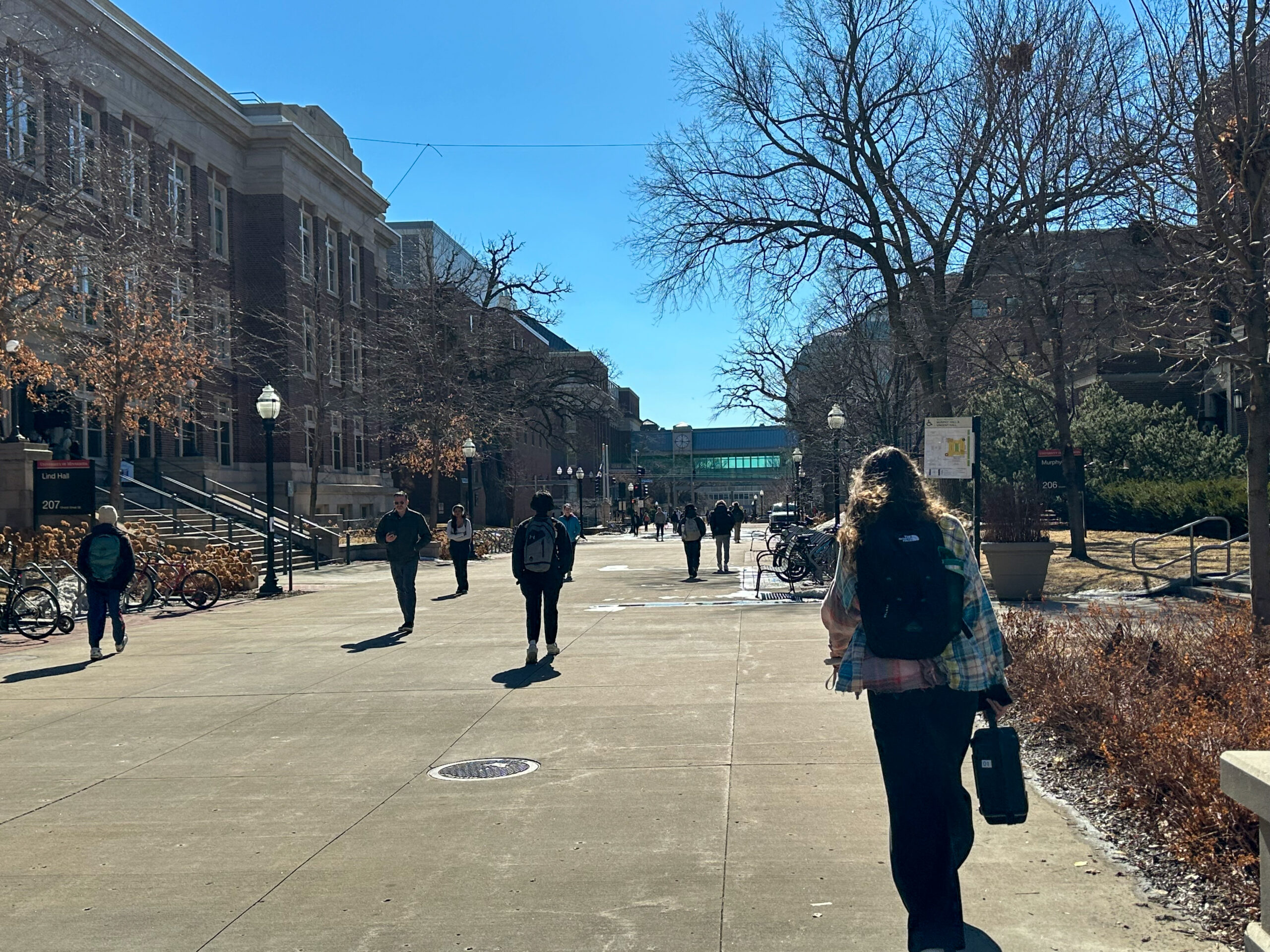Terms like ‘first-gen American’ or ‘second-gen immigrant’ can cause conflicting feelings for those born to immigrants.
Byline: By Amelia Roessler
Adult children of immigrants identify themselves in several ways.
Some call themselves first-generation Americans. Others say second-generation immigrants or children of immigrants. The terms resonate differently within multiple U.S. cultures.
No one term fits all.
According to a Pew Research study, six-in-ten U.S.-born children of Asian American and Hispanic immigrants consider themselves to be a “typical American,” while a majority also identify themselves by their ancestral country of origin.
Helen Jiang, a first-year student at the University of Minnesota, said she calls herself a second-generation immigrant.
“But usually if people ask about my ethnicity, I typically would tell them I’m Chinese and mention that my parents are both from China,” Jiang said.
Alana Nguyen, a third-year student at the University of Minnesota, said she refers to herself as a first-generation American because she was born in the U.S. and is a citizen here, while both of her parents were born in Vietnam.
Nguyen said she thinks the term second-generation immigrant does not make as much sense as first-generation American because she feels the same as other children who are born here.
“I guess we do come from immigrant parents, but … we’re the same as others, like children who were born here, but maybe their parents aren’t immigrants,” Nguyen said.
Nguyen grew up in Lakeville and said she feels that the less diverse community kept her out of touch with her parents’ culture.
“So I guess it felt off because I was like, ‘Oh, I do feel more American than Vietnamese,’ but at the same time, I’m not like super American because of how I am at home,” Nguyen said.
Third-year student at the University Imaan Roomi said she has mixed feelings using first- or second-generation immigrants to describe herself and her family.
Both of Roomi’s parents immigrated to the U.S. from Pakistan in the late 90s, deciding to settle in Farmington, where she grew up.
“I think it’s important to remember that my parents’ and family’s lives in the U.S. are directly impacted by their time spent in Pakistan,” Roomi said. “It’s imperative to recognize and empathize with their attempts to hold on to a culture, community they left behind.”
Roomi said it is because of that recognition that she loves to speak Urdu, wear traditional Pakistani clothing, listen to Desi (Southern Asia) songs and eat Pakistani food.
“Terms like ‘first-generation’ and ‘second-generation’ acknowledge my parents’ journey as Asian immigrants,” Roomi said.
However, Roomi said those same terms feel “othering” to her as a U.S.-born citizen.
“I may be Pakistani by blood, but I’m an American through and through,” Roomi said. “I feel like these terms are often associated with citizens of color and only reinforce the idea that people of color are different, need to be categorized.”
Instead, Roomi chooses to identify herself as a child of immigrants as it captures her experience in life better. She added that she rarely uses the words second-gen.
Nguyen said in college she has found a bigger Vietnamese community which has allowed her to be more in touch with her culture. She said while growing up feeling a bit different from her peers by the food she ate and her culture at home, it is nice to have something that makes her unique.
“I know it’s just nice because I feel like I have something that kind of sets me apart and something I can showcase, and that just makes me me,” Nguyen said.
Roomi said she is proud of the life her family has built in the U.S. and fortunate to be among those who could feel The American Dream come to fruition. However, she said children of immigrants have to navigate through differences in how they perceive the world versus their parents, and that includes deciding on what they call themselves.
“It’s easy to lose your sense of self if you constantly pander to your parents’ definition of who you are, or to your peers’ perception of you. It’s exhausting and unnecessary,” Roomi said. “All I want is to be seen as myself, and that definition requires the entirety of who I am.”

